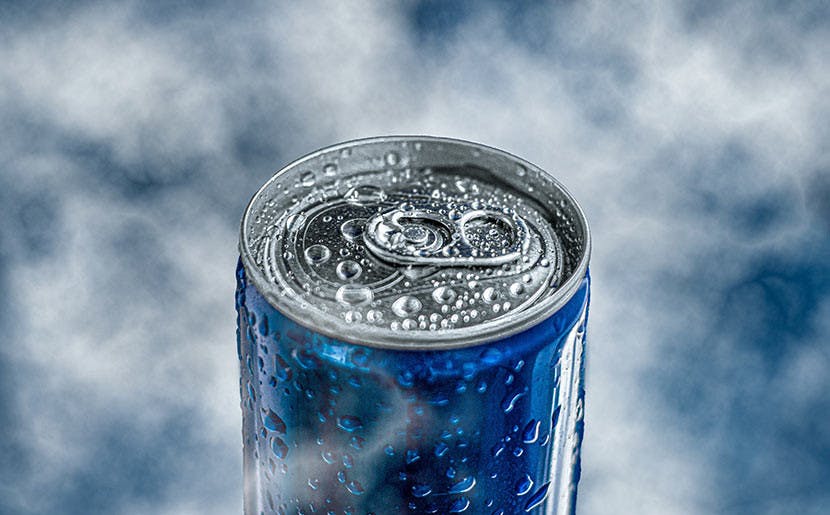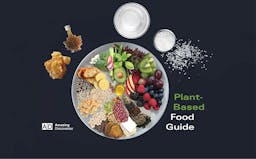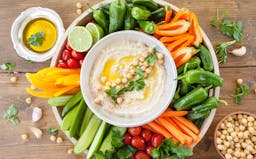Is Diet Soda Bad for You?
Article by:
Amazing Discoveries™ |
6 min read
A recent study1 funded by the American Beverage Association reported that diet drinks can help people lose weight. Critics of the study identified a number of drawbacks within the study itself, not the least of which is the obvious conflict of interest posed by the study’s sponsor.
Is Diet Soda Bad for You?
While critics and supporters hash it out over whether or not diet drinks actually do or don’t help people lose weight, others have recognized that weight loss may not even be the most important issue. The primary question is rather, Are artificially sweetened sodas even safe?
CBS News2 reported that diet drinks are linked to sugar cravings, snacking, disruption of appetite control and an increase in body mass index. The same program also affirmed that research has shown that diet drinks are linked to heart disease, stroke and diabetes.
Dangers of Aspartame and Other Artificial Sweeteners
In question are the artificial chemical sweeteners used by soft drink manufacturers to produce a sugar-like sweetness without the calories. Most common of these are aspartame, acesulfame potassium or acesulfame K, and sucralose. Proponents of diet soda drinks argue that most of the damning studies are based on results of the use of artificial sweeteners in lab animals, usually rodents, not humans. Few high quality studies using humans have been published, they argue.
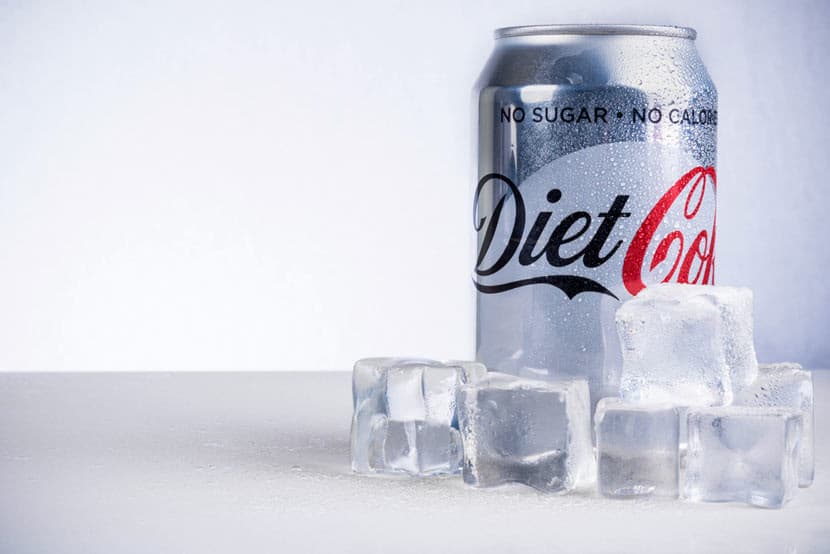
Ben Gingell / Shutterstock.com
While long term scientific studies involving humans are important, it would be unwise to discredit case studies and anecdotal records gathered by practicing physicians. Some astute doctors have made the connection between patients who drink diet sodas and a regularly occurring collection of symptoms.
For instance, Dr. H. J. Roberts has been speaking out against aspartame for more than two decades “because of the profound adverse neurologic, cardiopulmonary, endocrine, and allergic effects of aspartame products.”3 He has recorded more than 1300 cases of what he calls aspartame disease which is a constellation of a number of disorders including Graves’ disease (an autoimmune disease affecting the thyroid), dyspnea (shortness of breath, breathlessness or labored breathing), cardiac arrhythmia (irregular heart beat) and pulmonary hypertension (abnormally high blood pressure in the arteries of the lungs). When he suspects a patient is suffering from aspartame disease he advises his patient to read labels carefully and stop all use of aspartame. Often the symptoms stop within two days of quitting aspartame consumption, but will recur if the patient begins consuming aspartame again.
When your body processes aspartame, it breaks phenylalanine down into hormones and neurotransmitters that send messages to your brain, heart and lungs. These chemical messengers are responsible for some distressing symptoms like irregular heartbeat and shortness of breath. In addition, another chemical part of aspartame is converted to methanol, a poisonous gas used as a fuel additive.
Diet Drinks and Excitotoxins
Aspartame, along with other food additives like the infamous flavor enhancer monosodium glutamate, is an excitotoxin. Excitotoxins are chemicals that poison nerve cells and cause brain damage.4 Russell Blaylock, a retired US neurosurgeon and author of Excitotoxins wrote:
When aspartate (as aspartame) is combined in the diet with monosodium glutamate (MSG), blood levels are several-fold higher than normal. With the blood brain barrier damaged, as in MS, these excitotoxins can freely enter the site of injury, greatly magnifying the damage.5
As far back as 1996 it was shown that the lesions produced in the myelin sheath of axons in cases of multiple sclerosis were related to excitatory receptors on the primary cells involved…The loss of myelin sheath on the nerve fibers characteristic of the disease is due to the death of these…cells at the site of the lesions (called plaques). Further, these studies have shown that the death of these important cells is a result of excessive exposure to excitotoxins at the site of the lesions.6
Consider the physical and mental harm done to millions of unsuspecting consumers drinking an excitotoxin-enhanced soda along with their excitotoxin-enhanced fast food meal. In fact, one study found that four patients with fibromyalgia found dramatic relief from disease symptoms within months of eliminating all excitotoxins, including MSG and aspartame, from their diets.7
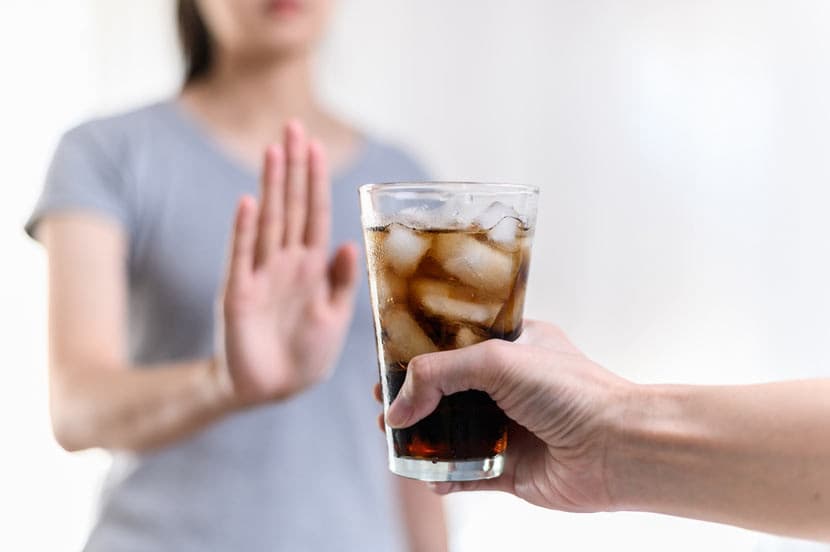
If you drink diet drinks because you want to cut calories and lose weight, you must consider the health cost of using artificial sweeteners. Do we need to wait for science to confirm without a doubt that artificial sweeteners are dangerous before we quit using them? Even if diet sodas were an effective weight loss tool, would you want to jeopardize your health just to shed a few pounds when there are healthier ways to lose weight and keep it off? It just isn’t worth it.
Low-calorie Diet Soda Alternatives
Water is always the best but when you crave something with a little more pizzazz, reach for healthy hydration instead of diet pop. Here are some easy favorite thirst quenchers for you to try. For natural sweetness without added calories, try stevia. It’s an easy-to-grow leafy green plant with very sweet leaves. You can use the dried, crushed leaves to sweeten summer drinks. Commercially, the sweet extract is available as a white powder or as drops. You can also buy naturally flavored stevia drops that infuse the extract with vanilla, toffee, hazelnut and other flavors.
Cranberry Spritzer
Mix ½ cup pure, unsweetened cranberry juice in a glass of sparkling water. It’s tart and delicious! Try stevia (drops or powder) if you like it sweeter.
Robust Iced Rooibois
Put 2-4 rooibois tea bags (most grocery stores carry rooibois tea) in a 2-liter jar and add boiling water. Let cool and serve plain over ice or with soy milk and a few drops of flavored stevia drops.
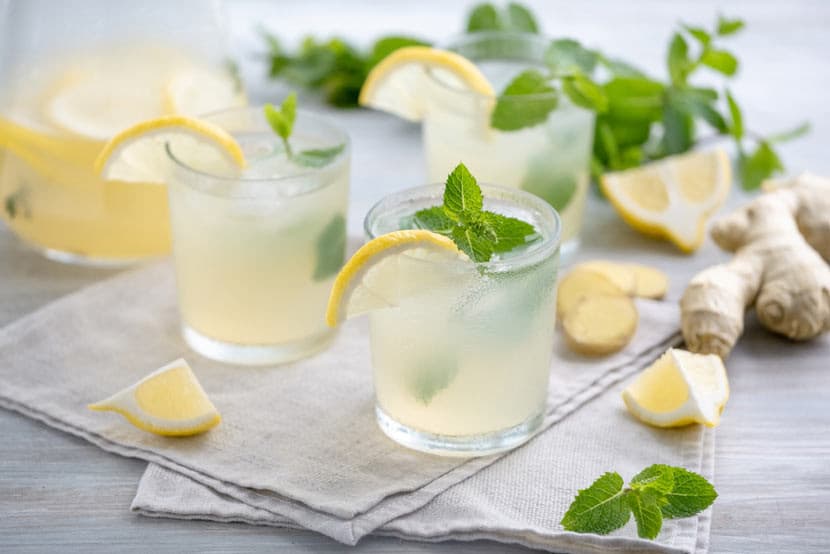
Zippy Ginger Lemonade
In a liter jar, mix the juice of one freshly squeezed lemon with 1 tablespoon of liquid honey and 1 teaspoon of fresh ginger juice. To make ginger juice, grate enough fresh ginger on a fine grater and press the grated ginger through a strainer. Fill jar with cold water and add ice if desired.
These statements have not been evaluated by the Food and Drug Administration or Health Canada. Our articles, videos and products are not intended to diagnose, treat, cure, or prevent any disease. If you are pregnant, nursing, taking medication, or have a medical condition, consult your physician before following any recommendations or using any product on our site. You assume sole responsibility for your personal health, and you must use your own discretion under doctor consultation to determine whether any product or recommendation on this site is suitable for your personal situation.

